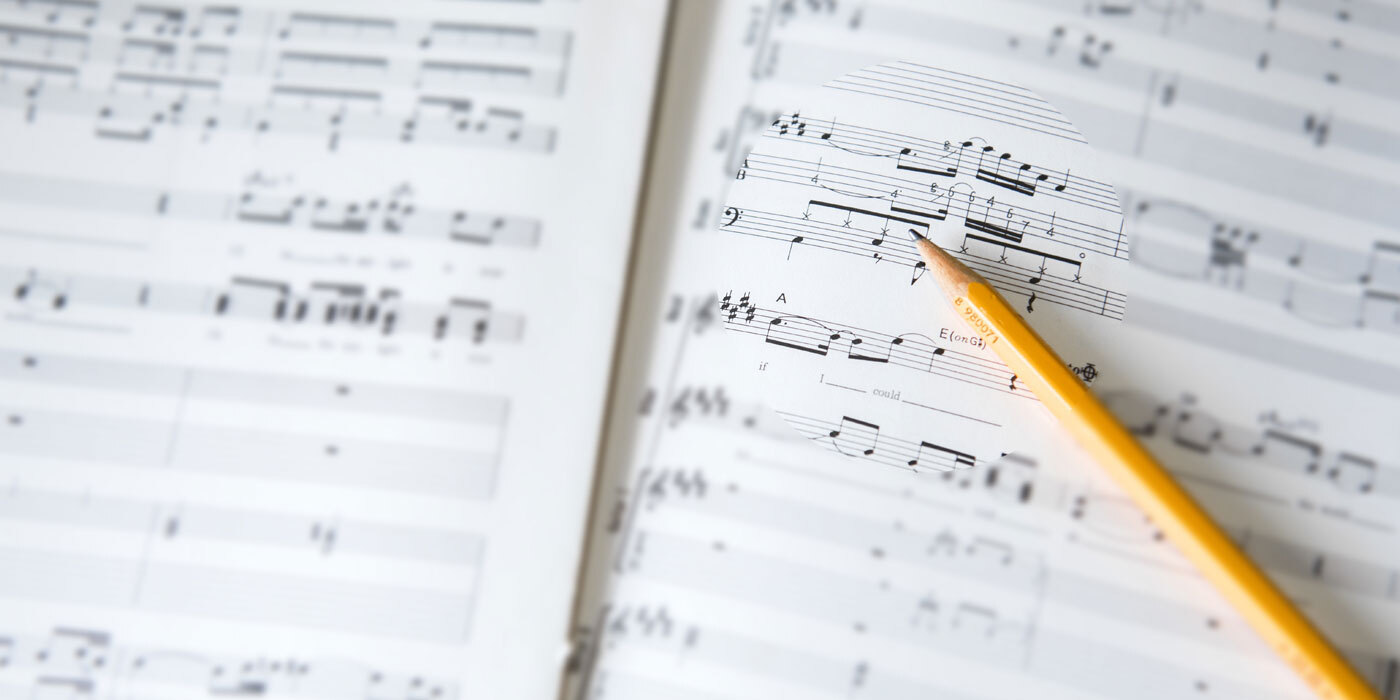
Music composition can be difficult to understand for students that are just starting out. However, there are things you can do to make this a bit easier. Here are five tips for teaching music composition that could prove to be helpful when it comes to teaching the basics of composing music.
Tell a story
Like any other form of art, music can be quite subjective. This makes it rather hard to teach. While playing other people’s music is simply playing notes in a specific order, writing music is a little more complicated and personal. Because of this, one tip that may help your students when it comes to composition is to remind them of the importance of telling a story.
Since they’ll be making their own music, they should try to treat it as a means of self-expression. This should aid them when starting out, as it can make the daunting task of creating a song much simpler.
Diversify their music exposure
Students usually learn by mimicking the type of music they listen to, so it’s good to make sure they are exposed to a wide range of music—especially if they’re at that point where they’re still trying to figure out what their style is. Encourage them to leave their comfort zone when it comes to music, and get them to look for unique musical experiences outside of what’s playing on mainstream radio.
They may be surprised to find several gems from independent artists, some of which are often more creative and less commercially produced. In fact, ZenBusiness’ article on starting a record label notes that indie record labels have become significantly more popular over the years, raking in 38% of global music industry revenue in 2018. This demonstrates how there is a high demand for music outside of the mainstream. To help widen the students’ music tastes, the internet is a great tool for finding new music.
Be deliberate about the creative process
While the technical aspects of music are important, creativity plays a huge part when it comes to composing your own music. This is why one of the most helpful things that you can do to teach music composition is to encourage them to be deliberate about the entire creative process.
So what does this mean? Well, you have to remind your students that creativity isn’t something that just comes to you. Emphasize that musical compositions have to be thought out. While things may start out from a single idea or source of inspiration, your students have to know that things don’t end there. They still have to fully flesh out the idea to make something excellent. One tip you can give them is to cultivate any idea they may have for music composition. Remind them that there’s no harm in experimenting and things not working out, as they can learn from these mistakes and fine-tune them to create better music down the line.
Incorporate technology
One issue that may come up is that students may want to notate their compositions, or incorporate instruments and effects that they just don’t have access to. For these instances, you might want to recommend that they make use of technology to help bridge this gap.
Music notation software such as Finale and SmartMusic’s Compose app provide solutions for students who want to explore notation technology, or are ready to put their compositions on paper and even share their original music with others.
Recording software and digital audio workstations can give them access to an endless amount of sounds and effects, and instrument libraries like Garritan can help further bring compositions to life. These tools can be especially useful, as they won’t need to be proficient in a certain instrument because all the music will be generated by the computer. If you’re looking for software to recommend, Tech Radar’s list of free music apps and software is a great place to start. What’s great about them that they require zero commitment, allowing your students to try them all out and pick the one that works best for them.
Encourage them to have fun and to take breaks
Lastly, you’ll want to encourage your students to have fun with their composition. Stress can be a fast way to kill creativity. You’ll want to make sure that your students are approaching this from a place of positivity so that they don’t burn out from the entire experience.
Sometimes working on a composition can just get tiring to the point that your students will become devoid of creativity. For these instances, you’ll also want to suggest that they take breaks. Take a walk. Listen to music. Read a book. Do anything that isn’t making music so that they can come back to it with fresher eyes and ears.
If you’re looking for more tips on teaching music, check out Don’t Use Don’t: How a Two-Letter Word Can Transform the Way You Teach, as it could prove to be transformative for your teaching method and style.
